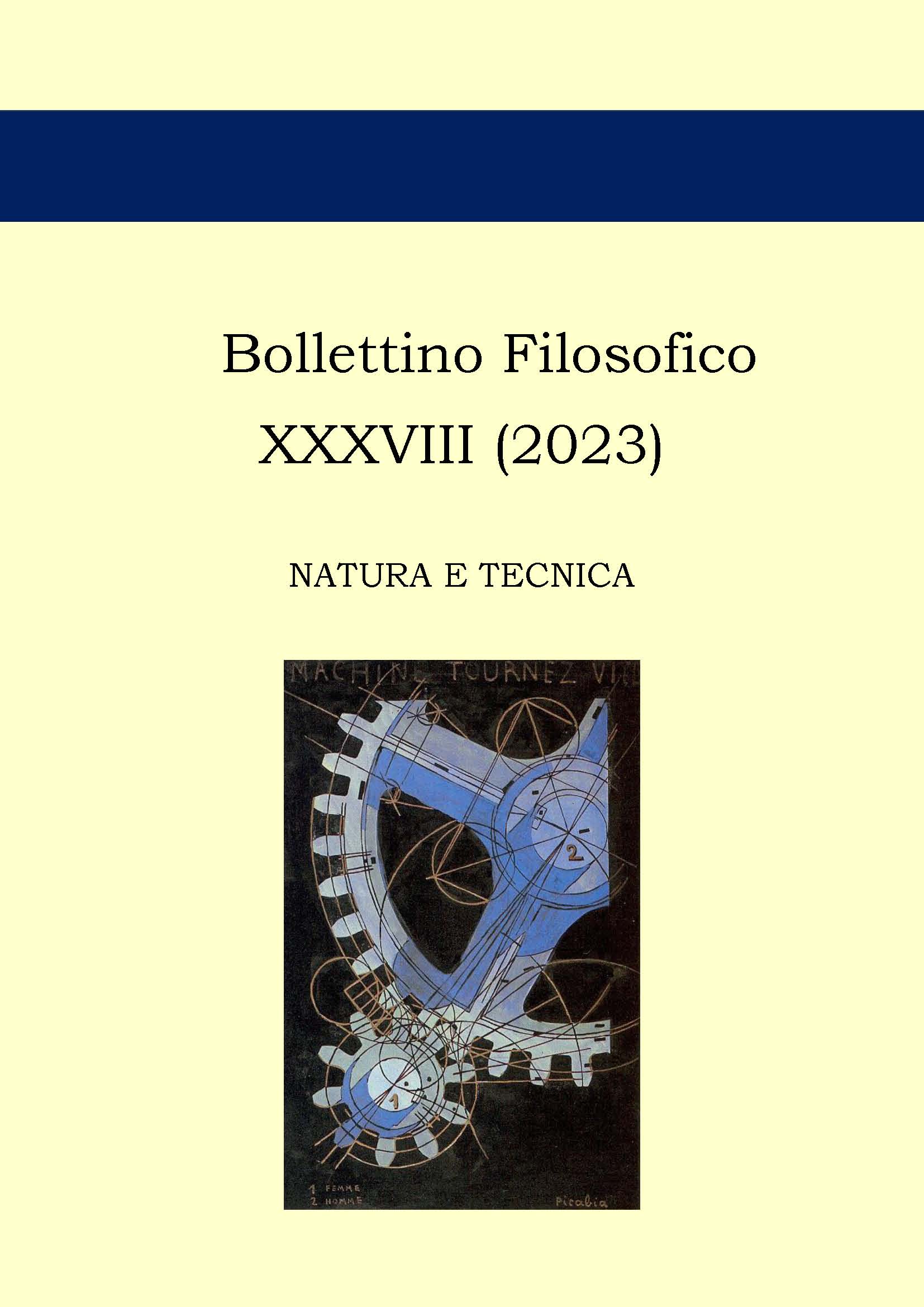The Matter of Knowledge. Reflection and Error from Techno-Science to Philosophy (and Back)
DOI:
https://doi.org/10.6093/1593-7178/10399Abstract
What does thinking mean in a world of techno-scientific performativity? And what kind of power can still be attributed to thought? The digital age marks another step in an evolutionary trajectory of technology that moves beyond the concept, requiring a new theoretical grammar, where power relates only to itself. Thinking, as such, implies removing the theological overdetermination of technology and spelling out the modes of knowing that the latter entails. In this view, it is possible to describe the sphere in which thinking and being interact by introducing the concept of error, as an incremental and thus non-absolute becoming. Considering through the lens of error the transfinite nature of reflection, both technological and philosophical, emerges as a matter of the knowledge that, in turn, is also a knowledge of the matter.
Keywords: Error, Knowledge, Power, Reflection, Techno-Science
Downloads
Downloads
Published
How to Cite
Issue
Section
License
The author retains the copyright of his work whilst granting anyone the possibility “to reproduce, distribute, publicly communicate, publicly exhibit, display, perform and recite the work”, provided that the author and the title of the journal are cited correctly. When submitting the text for publication the author is furthermore required to declare that the contents and the structure of the work are original and that it does not by any means compromise the rights of third parties nor the obligations connected to the safeguard of the moral and economic rights of other authors or other right holders, both for texts, images, photographs, tables, as well as for other parts which compose the contribution. The author furthermore declares that he/she is conscious of the sanctions prescribed by the penal code and by the Italian Criminal and Special Laws for false documents and the use false documents, and that therefore Bollettino Filosofico is not liable to responsibilities of any nature, civil, administrative or penal, and that the author agrees to indemnify and hold Bollettino Filosofico harmless from all requests and claims by third parties.

